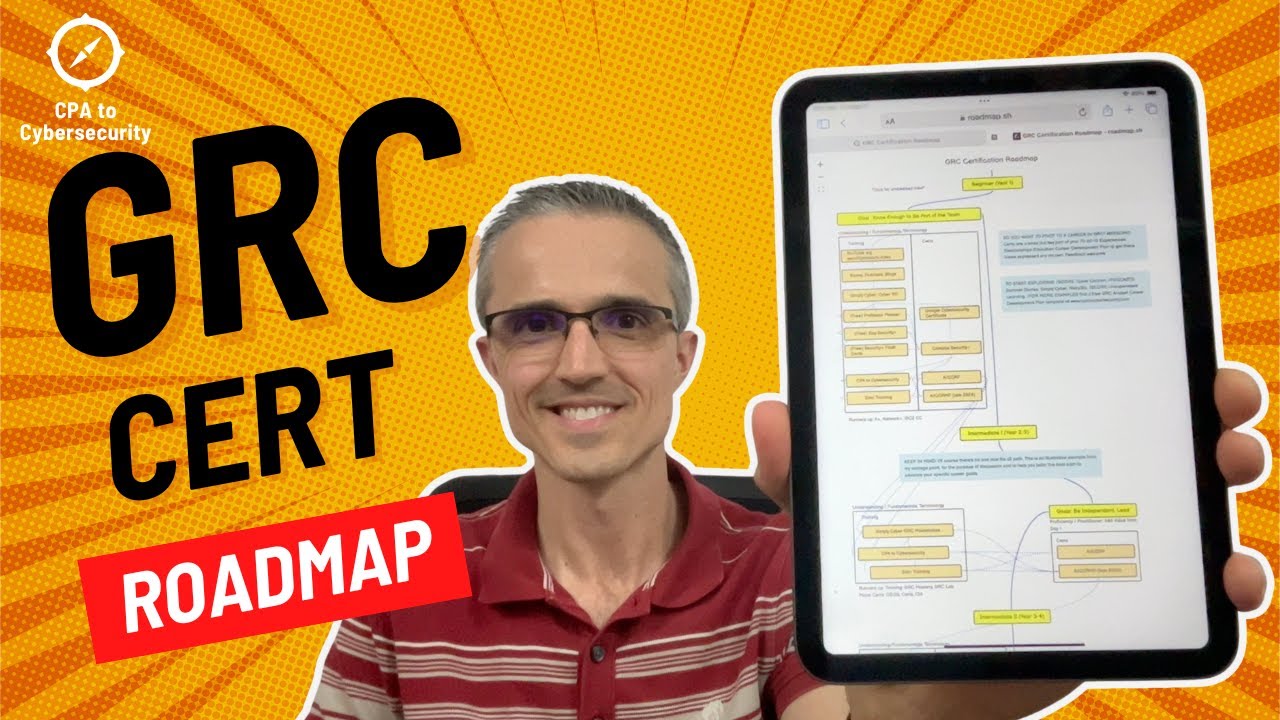Best Course Sequence For Math Majors
Summary
TLDRThis video script offers a comprehensive guide for math majors, outlining the typical sequence of courses from intermediate algebra to more advanced topics like topology. It recommends specific textbooks for self-study, including 'Intermediate Algebra' by Angel, 'College Algebra Essentials' by Julie Miller, and a calculus series. The speaker also shares insights on subjects like physics, differential equations, and abstract algebra, emphasizing the importance of proof writing. The script concludes with suggestions for supplementary courses in number theory and differential geometry, providing a roadmap for a well-rounded mathematical education.
Takeaways
- 📚 The video details the recommended course sequence for a math major, particularly for self-study.
- 🔢 Start with Intermediate Algebra, such as 'Intermediate Algebra for College Students' by Angel.
- 📖 After Intermediate Algebra, move on to College Algebra, with a recommended book being 'College Algebra Essentials' by Julie Miller.
- 📊 Learn statistics alongside College Algebra using 'Understandable Statistics' by Brase and Brase.
- 📚 Take Pre-Calculus and Trigonometry next, ideally with a book that covers both subjects like 'Precalculus' by Beecher, Penna, and Bittinger.
- 🧮 Proceed to the Calculus sequence (Calculus 1, 2, and 3), using a comprehensive book like 'Calculus' by James Stewart.
- 📘 After calculus, move on to Differential Equations, with suggested books being 'Differential Equations' by Shepley L. Ross or 'Differential Equations' by Edwards and Penny.
- 🧮 It's also beneficial to take Linear Algebra before or alongside Differential Equations, using a beginner-friendly book like 'Elementary Linear Algebra' by Larson and Edwards.
- 🔍 Learn proof writing with books like 'How to Read and Do Proofs' by Daniel Solow and 'Discrete Mathematics' by Susanna Epp.
- 🔢 Once proofs are mastered, move to more advanced subjects such as Complex Variables, Mathematical Statistics, and Partial Differential Equations, with respective books like 'Complex Variables' by Stephen D. Fisher and 'Mathematical Statistics' by Wackerly, Mendenhall, and Scheaffer.
- 📘 Explore higher-level courses such as Advanced Calculus (Real Analysis), Abstract Algebra, and Topology, with books like 'Advanced Calculus' by Patrick M. Fitzpatrick, 'Contemporary Abstract Algebra' by Joseph A. Gallian, and 'Topology' by James R. Munkres.
- 🔢 Optional courses like Number Theory, Differential Geometry, and Combinatorics can be pursued with books like 'Number Theory' by George E. Andrews and 'Combinatorial Theory' by Marshall Hall.
Q & A
What is the recommended starting point for a math major's course sequence according to the video?
-The recommended starting point for a math major's course sequence is Intermediate Algebra for college students, as it provides a solid foundation before moving on to more advanced topics.
Which book is suggested for self-study or supplementing a college-level algebra course?
-The book by Angel is suggested for self-study or supplementing a college-level algebra course, as it is modern and contains great examples and exercises.
What is the typical course that follows Intermediate Algebra in the recommended sequence?
-The typical course that follows Intermediate Algebra is College Algebra, which covers topics like polynomials, logarithms, rational functions, quadratic formulas, systems of equations, and inequalities.
Why might some math majors find the transition to statistics challenging?
-Some math majors might find the transition to statistics challenging because it requires a different set of skills and understanding, including basic math concepts and the ability to interpret data, which might not have been emphasized in their previous courses.
What book is recommended for learning statistics in the context of a math major's course sequence?
-The book 'Understandable Statistics' by Brass is recommended for learning statistics, as it provides intuitive explanations and is suitable for those who are new to the subject.
Why is it advised to take calculus before attempting physics for math majors?
-It is advised to take calculus before attempting physics because calculus provides the necessary mathematical foundation, such as differential and integral calculus, which are essential for understanding the physical concepts.
What book is suggested for learning differential equations after completing calculus?
-The book by Shepley L Ross is suggested for learning differential equations, as it covers standard topics expected in an undergraduate differential equations course.
Why is learning to write proofs considered important for a math major?
-Learning to write proofs is important for a math major because it is a fundamental skill in mathematics that allows students to rigorously establish the validity of mathematical statements and is a prerequisite for many advanced courses.
What is the recommended book for beginners to learn linear algebra?
-The book 'Elementary Linear Algebra' by lson and Edwards is recommended for beginners to learn linear algebra, as it starts with basic concepts like systems of linear equations, matrices, and determinants.
What are some of the more exotic or less commonly studied subjects mentioned in the video for math majors?
-Some of the more exotic or less commonly studied subjects mentioned in the video for math majors include Number Theory, Differential Geometry, and Combinatorial Theory.
What advice is given for those who are considering self-study in mathematics?
-For those considering self-study in mathematics, the advice given is to follow the course sequence provided in the video, use the recommended books for each subject, and ensure a strong foundation in algebra and proof writing before moving on to more advanced topics.
Outlines

此内容仅限付费用户访问。 请升级后访问。
立即升级Mindmap

此内容仅限付费用户访问。 请升级后访问。
立即升级Keywords

此内容仅限付费用户访问。 请升级后访问。
立即升级Highlights

此内容仅限付费用户访问。 请升级后访问。
立即升级Transcripts

此内容仅限付费用户访问。 请升级后访问。
立即升级浏览更多相关视频

Learn Mathematics from START to FINISH

How I’d learn ML in 2024 (if I could start over)

What to Learn on Guitar in Order

GRC Certification Roadmap v1.0: Recommended Training and Certs #cybersecurity #grc

ACT Math Topic You NEED To Know In 2023 - Matrices & Matrix Multiplication

5 Best HACKING Books for HACKERS - 2024 Full Guide
5.0 / 5 (0 votes)
